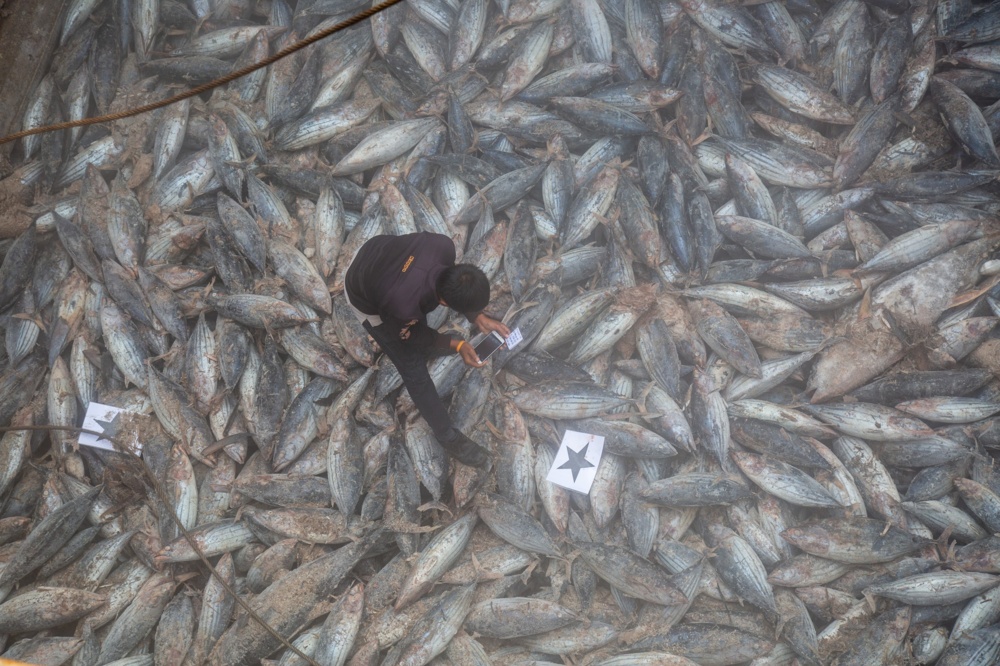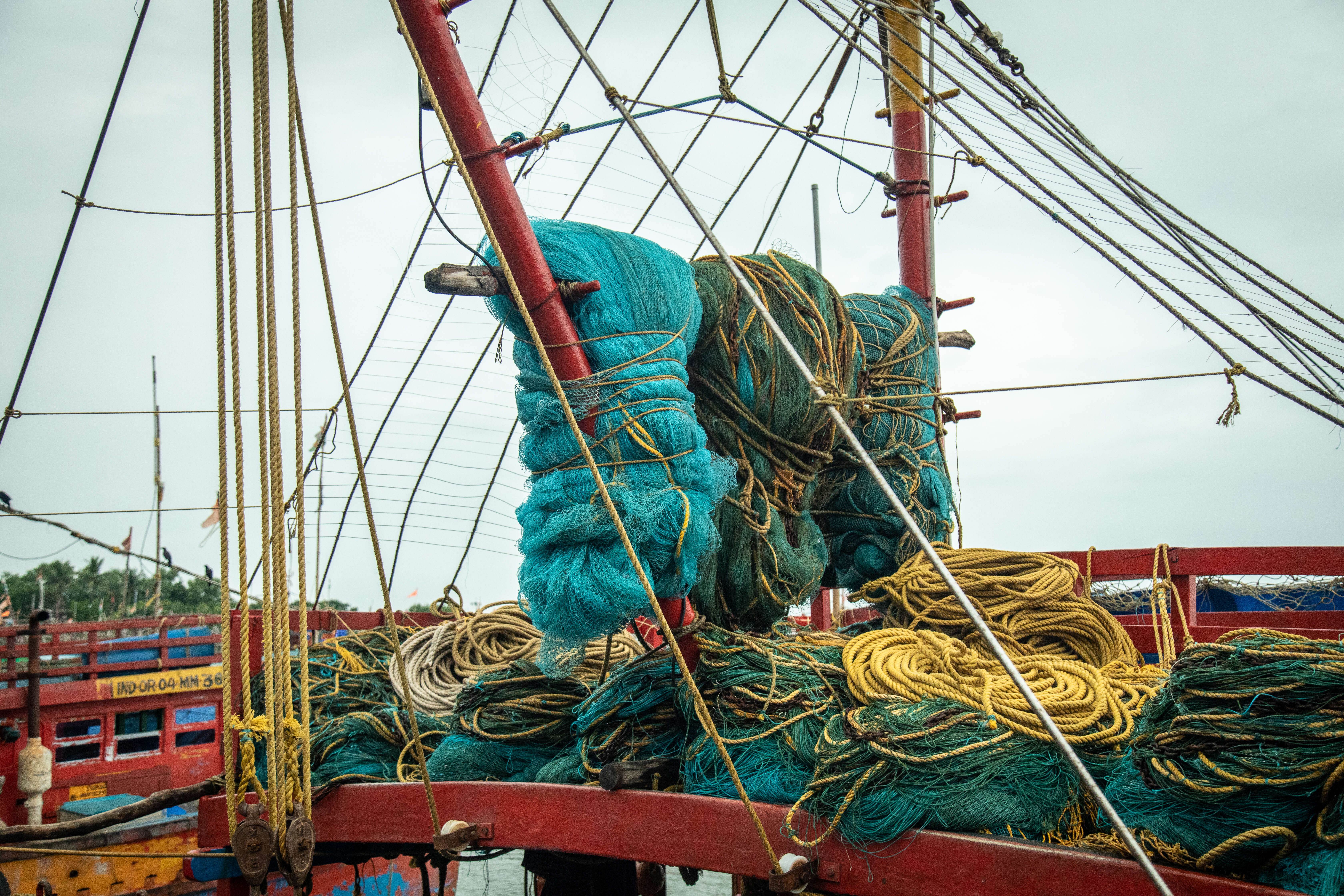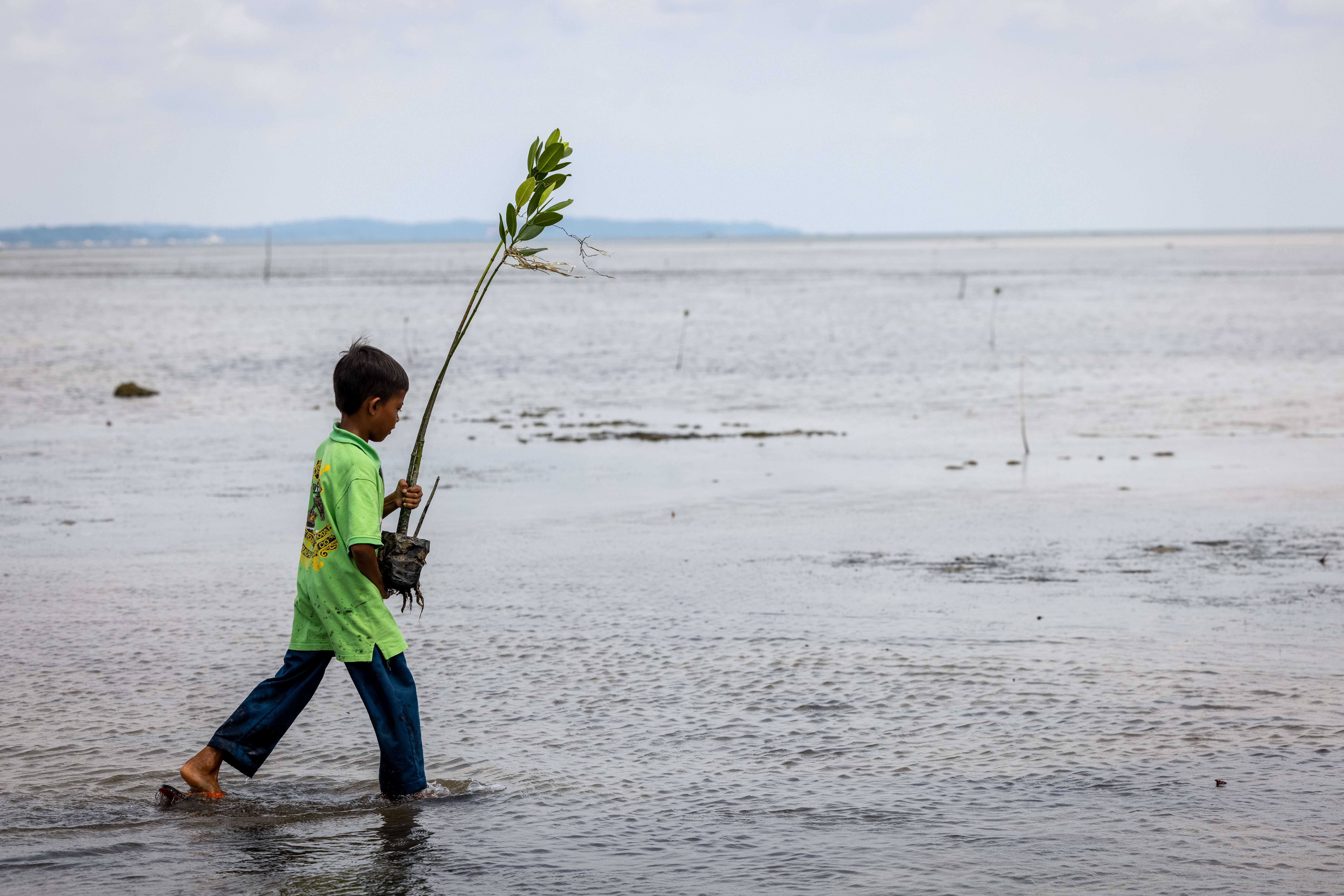
Our ocean needs the MSC to do better
Overfishing and unsustainable fishing harm our ocean, wildlife, and people around the world every day. The Marine Stewardship Council blue tick ecolabel used to be a clear and simple way consumers could ensure that they did not contribute to this destruction. Now, MSC certification sadly no longer guarantees genuine sustainability – reform is urgently needed.
The MSC blue tick is one of the most recognisable sustainability certifications in the world, widely trusted by the majority of people who want their fish to be caught sustainably. However, as it is currently operating, the ecolabel does not live up to the high standards it must uphold.
On the 14th of October, news emerged that the lobster fishery in the Gulf of Maine had been recertified, despite a clear risk that the fishery was responsible for the entanglement and death of endangered North Atlantic right whales. There are fewer than 100 breeding females left of the species, and so every single one lost is a tragedy that pushes the species closer to extinction.
The MSC has also been tepid in tackling shark finning in its fisheries. It states that its goal is to ensure shark finning does not take place in MSC-certified fisheries. The only way to ensure this is a “fins naturally attached” rule, where the whole shark is landed.
However, the current position of the MSC is that fisheries may still qualify if they are using “an alternative method proven to be as effective”. Shark and ray populations are plummeting, with 37% of species now at risk of extinction. Now is the time for decisive action for sharks, not equivocation and the risk of loopholes.
The Parties to the Nauru Agreement tuna fishery, a Pacific fishery controlling around 50% of the global supply of skipjack tuna, was granted certification in 2011. It originally received this status on the condition that it introduce robust rules to ensure it was managed sustainably within five years. It’s now been ten, and the management system is still missing, and the certification is still in place.
While the threat to wildlife is enough alone to require urgent reform, human rights at sea are also threatened. Fisheries observers play a vital role in making sure fishing vessels are operating legally and sustainably, but they have been disappearing and dying on vessels in MSC-certified fisheries. The MSC has taken very limited action including suspending a vessel on which an observer died, but this is not enough; systemic transparency and prioritisation of human rights are needed. It must now act decisively to ensure human rights are comprehensively protected in the fisheries it certifies.
These examples, all from the last two years, show that the MSC is out of touch with the reality of our overfished ocean. Wildlife, the climate, and peoples’ lives and livelihoods deserve better.
The answer is not to shut down the MSC or its certification, but to reform it, proactively and transparently, so it becomes the effective force for good we all want it to be. This means a full, external, independent and forensic review of the MSC’s standards and operations.
It means recognising that while the MSC has driven positive change in many fisheries, it has also given its hugely influential blue tick to many which do not merit it. It means open, constructive engagement with people who want to see it succeed; engagement which has been largely absent.
Embracing transparency, review and reform - both in the MSC’s standards and certification, and in the actions of the fishing fleets it certifies - is needed now. It’s time to restore faith in the MSC’s standards and actions and ensure a truly effective certification scheme which protects our ocean, and the people who depend on it.
SIGN UP FOR OUR EMAILS AND STAY UP TO DATE WITH EJF

